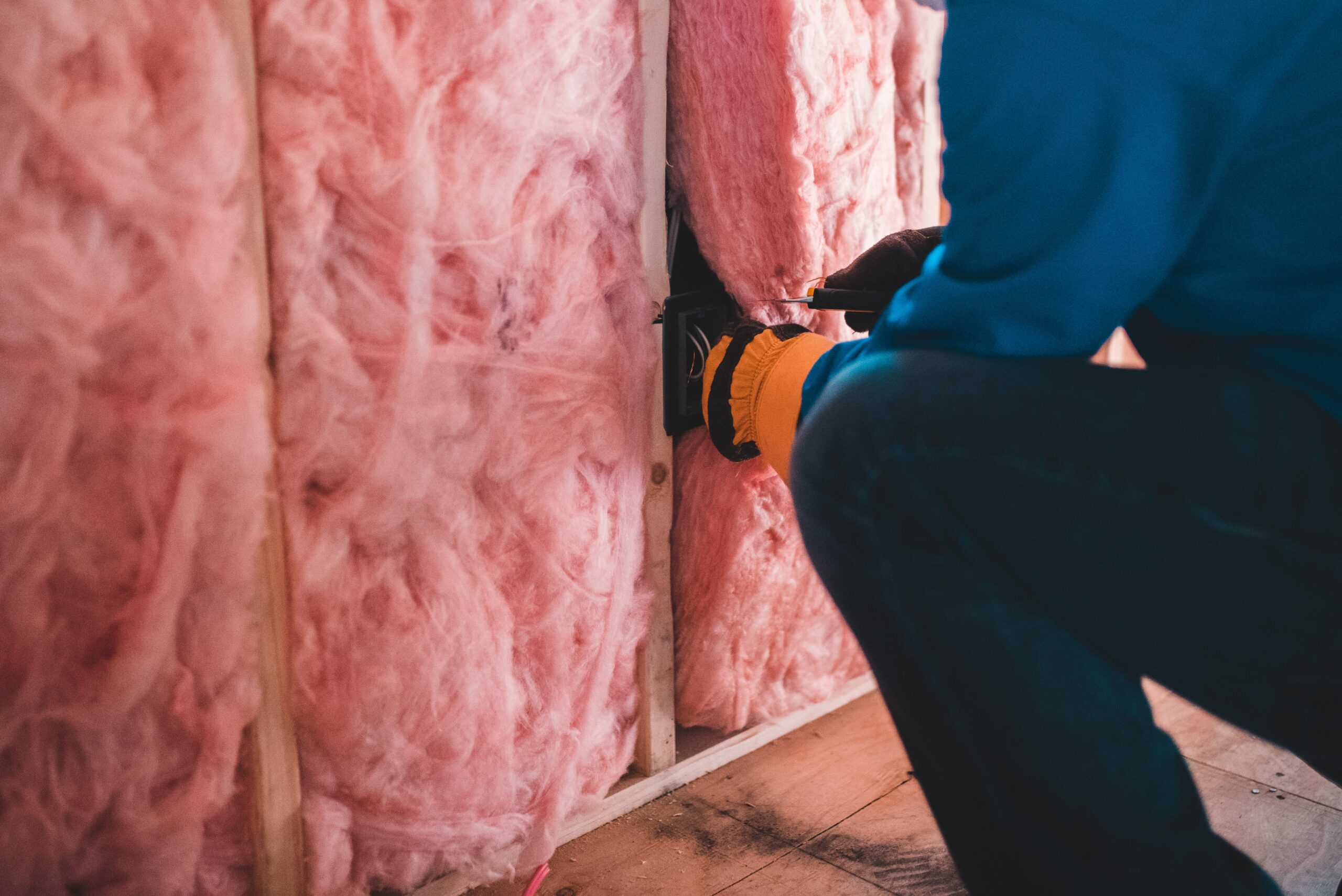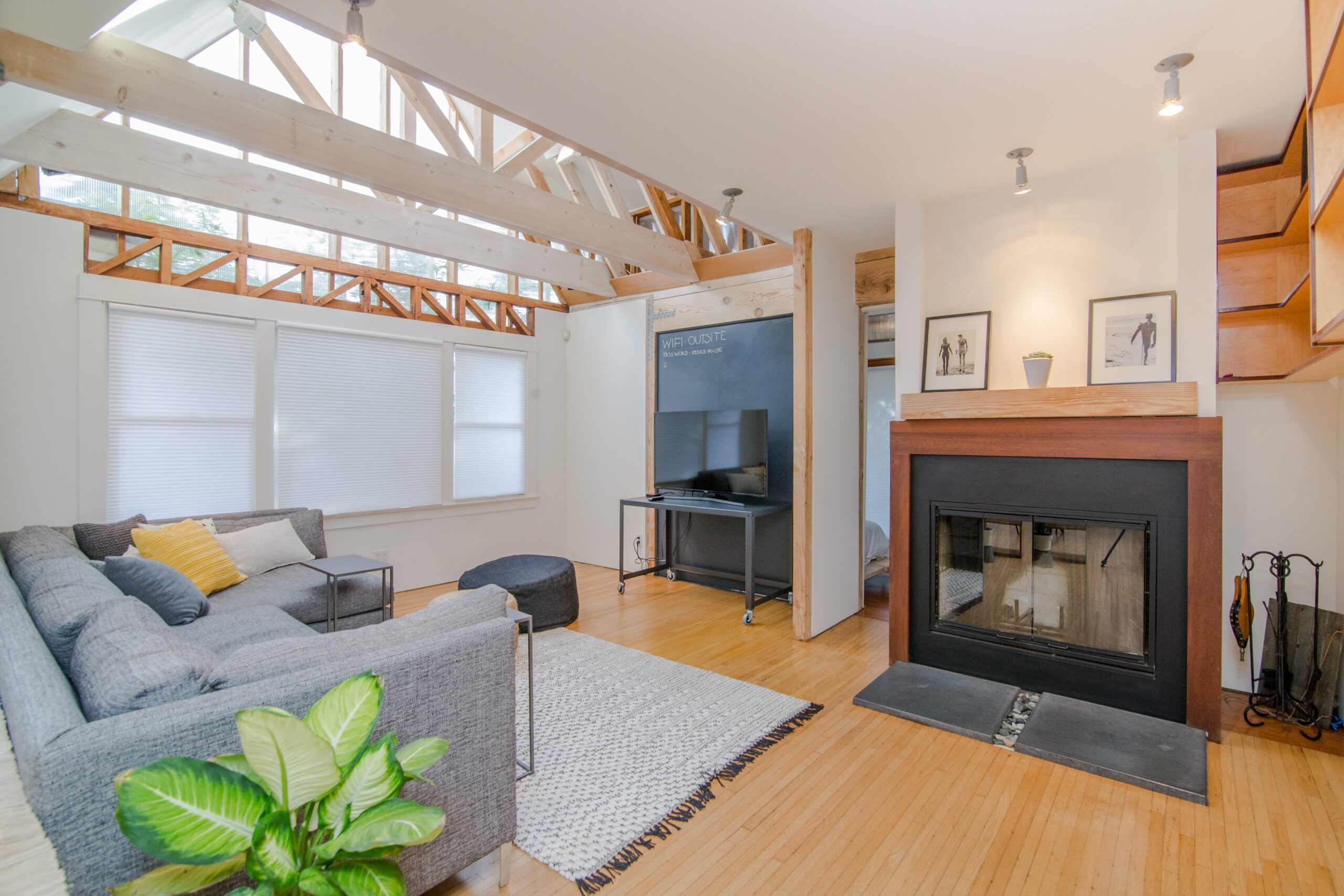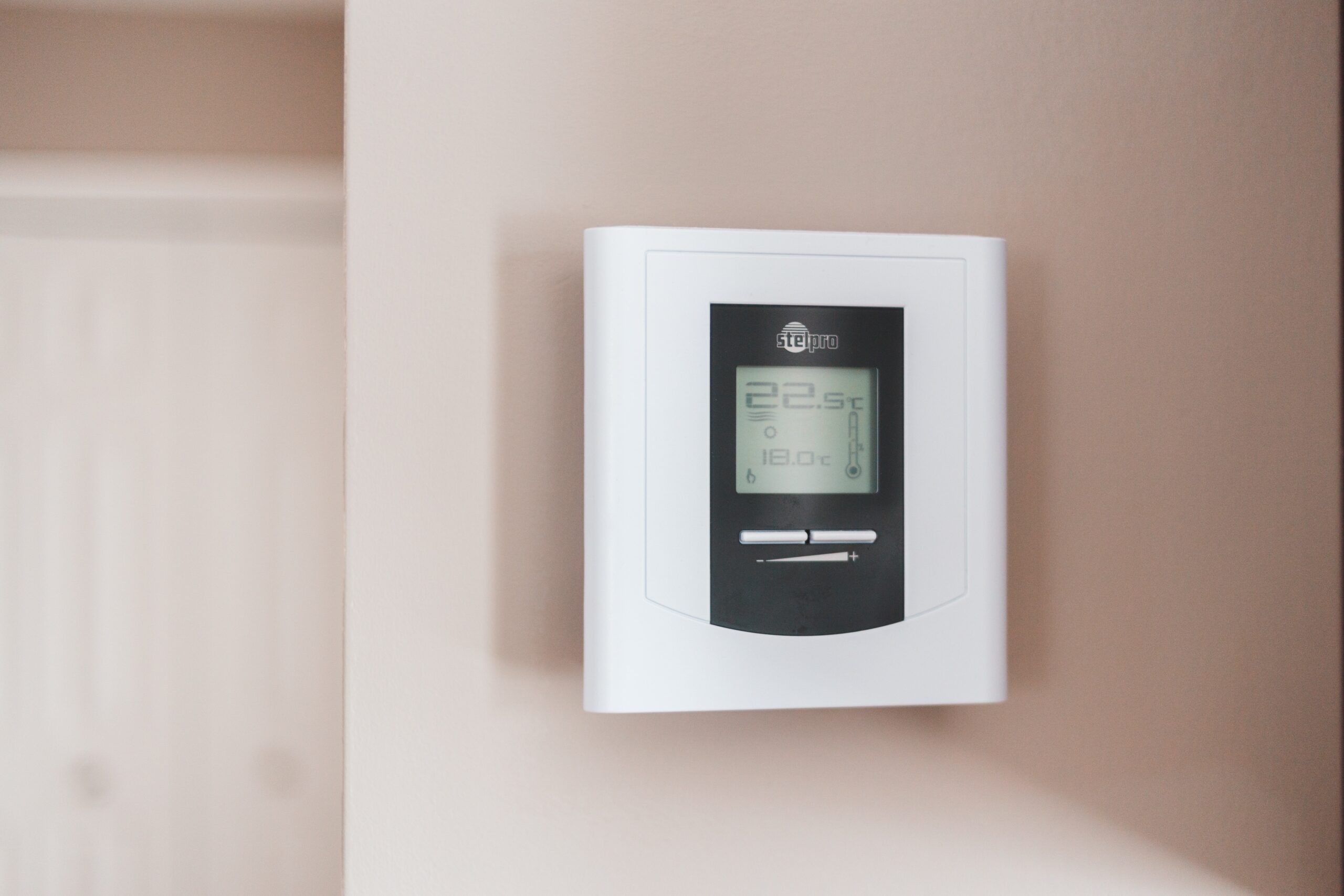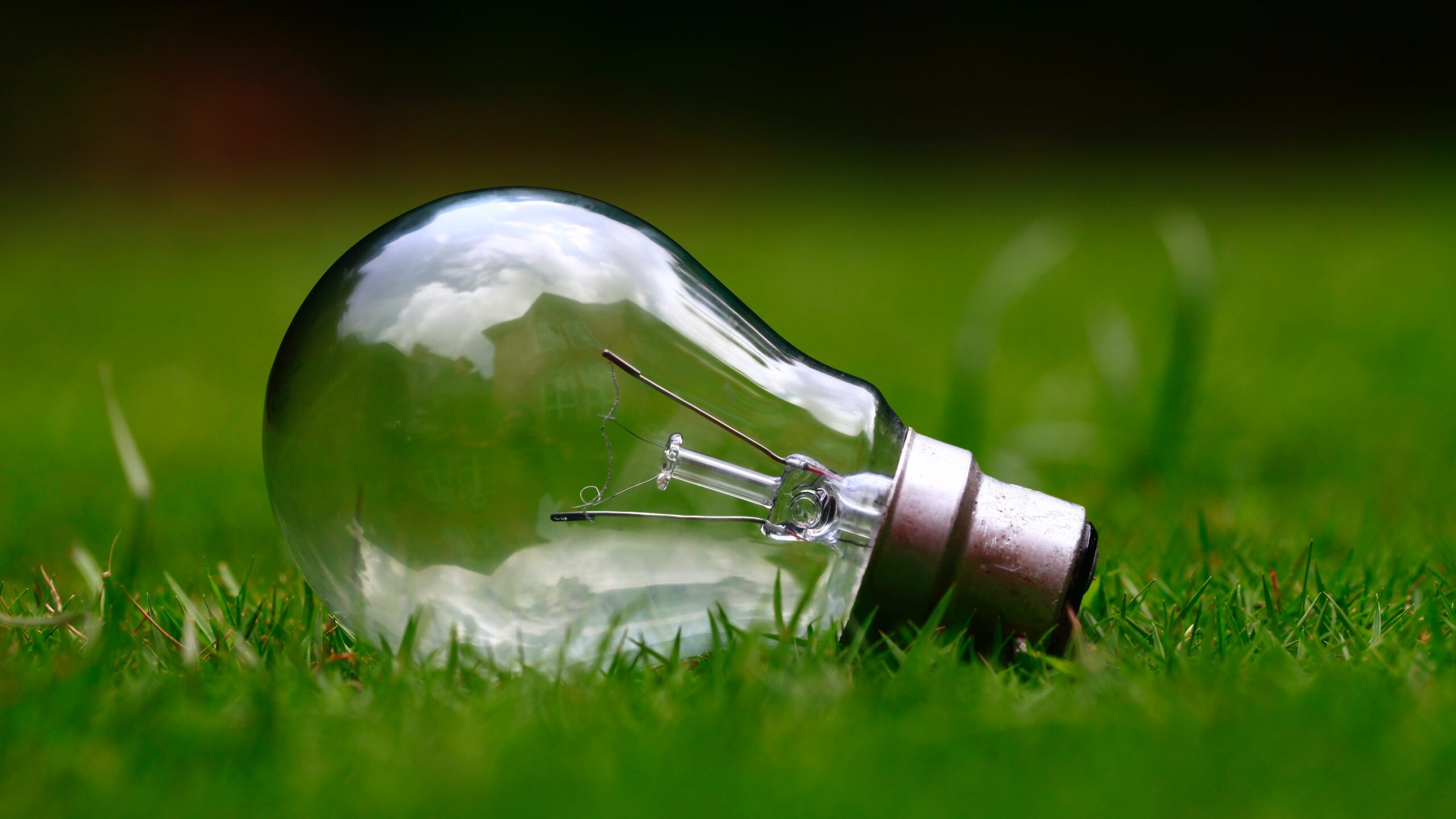If you’re a tenant, it can feel hard to stay in control of your household bills – especially if you’re renting a home with a low EPC rating. Your Energy Performance Certificate or EPC is a measure of how energy efficient your home is on a scale of A (excellent) to G (not energy efficient). EPCs have typically been more of a concern for homeowners than tenants, but during the energy crisis of the last nine months, those living in inefficient households have been looking for more ways to save on their energy bills.
Looking to improve your EPC rating?
If you’re looking to improve your home’s EPC then check out our links below for suggestions of what property owners and residents can do together. Or, if you’d like some top tips for how to make your home as efficient as you can without needing permission for any major changes then keep reading.
Want to make your property more efficient? Read our guide on the easiest ways you can improve your EPC rating
When it comes to EPC, Insulation is King

One of the major tips given to improve a property’s EPC is to increase the insulation in the attic or walls. While you won’t want to open up your walls without talking to the landlord, here are some tips for making your home more insulated without making any permanent changes. More insulation means less heat transfer, keeping you warm in winter and cool in summer without using extra power.
- Window insulation film is an easy way to get a double-glazing effect on your windows without the upfront cost or hassle of installation.
- Similarly, if you have radiators below windows or against outside walls then consider fitting radiator reflector panels. These stop heat from being lost outside and bounce it into the room where it’s needed.
- If your home has a fireplace, make sure that the chimney is not still open as this is essentially a huge window open all the time. Open fireplaces can be closed with a temporary block like a Chimney Sheep to make sure your energy-saving efforts don’t go up in smoke.
- If you don’t want to install window covers, make sure to use your current windows and blinds to maximum effect and cover any windows you aren’t using for light. If you haven’t already, replace your curtains with black-out curtains that will significantly make your home feel cooler.
- Bothered by draughts? Gaps in the insulation around your windows and doors can develop over time, but the low cost of replacing window strippings should be worth the savings to both your bills and your toes on cold evenings.
- Though it might seem retro, but if you have draughts under doors then you should consider draught excluders. These can usually be bought for a few pounds, but if you’re feeling handy then they are easy to make out of scrap fabric and rice.
Home Upgrades

You might not be able to change your in-home appliances, but there are some household upgrades that take almost no set-up and could save you big on your bills.
- When bulbs burn out, make sure to replace them with LED options. Not only do LED bulbs cost an average of 20% less in electricity costs to run but they also last five times longer, meaning you won’t be buying replacements for a while.
- Your landlord or property owner almost certainly chose your shower, but almost all shower heads can be replaced with a low-flow model. These eco-friendly designs use up to 60% less water, which means less water that you need to pay to be heated.
- An inefficient oven could be one reason your home has a low EPC rating. While I haven’t met a renter yet who brings their oven with them, it may be worth investing in an efficient slow cooker that can move with you. These countertop devices use as much electricity as a lightbulb or less than a tenth of the power of a standard electric oven.
Boiling Point

Your boiler may be another cause of high bills if you’re renting a home with a low EPC, especially if it’s an older model.
- Fitting an insulation jacket on your boiler can help keep water hot longer, reducing how much gas you use. Fitting an 80mm jacket on a hot water boiler could save you up to £200 in the first year, and jackets start from around £25.
- Check your thermostat. Uswitch has found that more than half of UK homes keep the temperature above 22C, and 1 in 5 heat their homes to higher temperatures than Lanzarote! If you can, turning your heating down by even 1C can save you up to £100 a year, and if you improve the insulation of your home you should notice no difference.
- If you want to get the biggest savings, turn your thermostat right down and focus on heating each person in the home rather than each room. Electric blankets can cost as little as 1p a night to run and are handy to bring with you as you move through the house, as are classic solutions like hot water bottles.
- Make sure not to turn the boiler off completely though – having some hot water in pipes prevents them from freezing. Not only are burst pipes a much bigger expense to deal with, but many tenants also have a clause in their tenancy agreement forbidding them from shutting the boiler off entirely.
Want to read more about saving on bills while the weather’s hot? Check out Beat the heat (without breaking the bank) this Great British Summer













